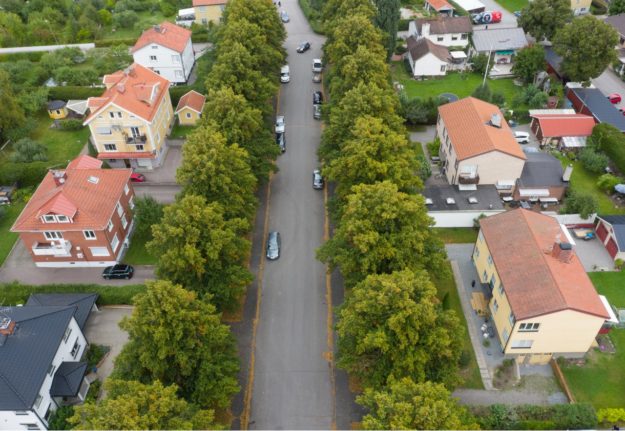 Photo: AFP
Photo: AFP
ECONOMICS
IMF hails France as ‘reform leader’ in boost for Macron
The International Monetary Fund on Monday hailed France's economic recovery as "impressive", in a strong endorsement of President Emmanuel Macron's pro-business reform drive.
Published: 5 June 2018 08:59 CEST

Photo: AFP
“With this ambitious pace of reforms France has now become a reform leader in Europe,” the IMF said in its annual review.
It urged policymakers in Europe's second-biggest economy to stay the course and continue to implement reforms, including to the state railway SNCF, which has been hit by a wave of rolling strikes since April.
It should also “reduce the administrative burden for firms, while taking steps to further liberalise regulated professions”, the fund said.
“Over the last year, France has made impressive progress,” it said.
READ ALSO:
“Reforms need to be implemented resolutely, monitored carefully, and reinforced as needed,” it added.
The IMF also said that while growth is expected to remain “robust” this year and in 2019, it would probably not reach the 2.3 percent level it hit in 2017.
The fund warned as well that should the country's reform drive slow down, the economic recovery would not reach its full potential.
The risk of a global trade war, sparked by US President Donald Trump's “America First” protectionist policies, could also dampen France's momentum, it added.
Another risk is the rise of eurosceptic parties across the continent.
While France managed to evade falling into the hands of a far-right, anti-establishment government in the election that catapulted Macron to power in 2017, other countries around Europe — most recently Italy — have not followed the same path.
“Increasing trade tensions, geopolitical uncertainty, or an erosion of confidence in the European project could negatively affect exports and growth, while a faster-than-expected normalisation of interest rates could weigh on public and private balance sheets,” it said.
The IMF's warning came a month after the European Union described the sudden rise in trade protectionism as the biggest threat to growth in the bloc.
The fund also said France should “build up resilience to shocks”, and work to reduce structural unemployment, along with its high public spending and debt levels.
“In its first year in office, the government has established an impressive track record of reforms aiming at addressing several of these challenges,” it said.
“The ongoing recovery provides a favourable window to press ahead with these reforms.”
Macron's reform drive saw him suffer a sharp drop in popularity after taking office, but his approval ratings have inched back up in recent months.
Url copied to clipboard!


 Please whitelist us to continue reading.
Please whitelist us to continue reading.
Member comments